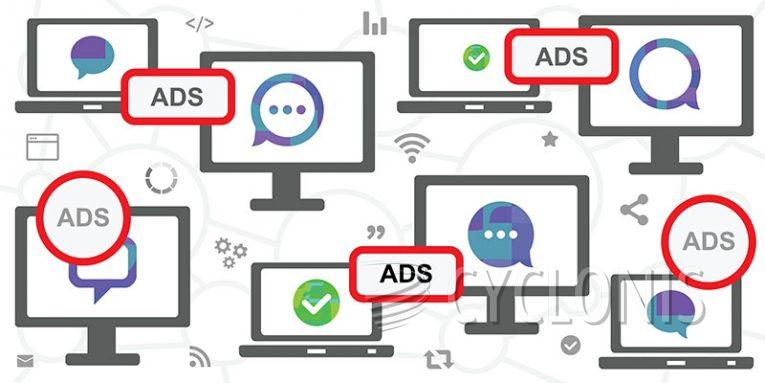Scivcenter.com Attempts to Slip You Ads

Scivcenter.com employs deceptive tactics to trick users into enabling push notifications, allowing them to inundate devices with disruptive advertisements. This website is categorized as a potentially unwanted program (PUP) and browser hijacker.
The modus operandi of the site involves duping visitors into granting permission for push notifications by presenting counterfeit system warnings and alerts. For instance, it may display a fabricated notification suggesting that your browser is "out of date" and urging you to "allow notifications" for an update.
However, consenting to these notifications does not result in any browser updates. Instead, it grants Scivcenter.com the authorization to transmit push notification spam directly to your desktop or mobile device.
Once enabled, Scivcenter.com relentlessly bombards your device with intrusive pop-up ads, even when your browser is not in use. By employing this tactic, Scivcenter.com can effectively circumvent browser pop-up blockers, delivering spam to devices system-wide. These malicious pop-ups are intrusive and often challenging to close. Some may even use alarmist language to entice users to click through, potentially leading to the installation of malware.
How Can You Tell a Website is Misleading?
Identifying a misleading website is essential to protect yourself from potential scams, misinformation, and security risks. Here are some common signs that can help you determine if a website is misleading:
Poor Design and Layout:
Misleading websites often have unprofessional or poorly designed layouts. Look for inconsistencies in fonts, colors, and overall aesthetics.
Unusual or Misspelled Domain Names:
Check the website's domain name for unusual characters, misspellings, or extra hyphens. Legitimate websites usually have clean and straightforward domain names.
Suspicious URLs:
Examine the website's URL closely. Misleading sites may use subdomains or paths that mimic well-known sites to deceive users.
Too Good to Be True Offers:
Be skeptical of websites that promise unrealistic deals, discounts, or offers. If it seems too good to be true, it probably is.
Lack of Contact Information:
Misleading websites often omit contact information or provide vague details about their location, ownership, or support.
No Privacy Policy or Terms of Service:
Legitimate websites typically have privacy policies and terms of service. Their absence on a site can be a red flag.








